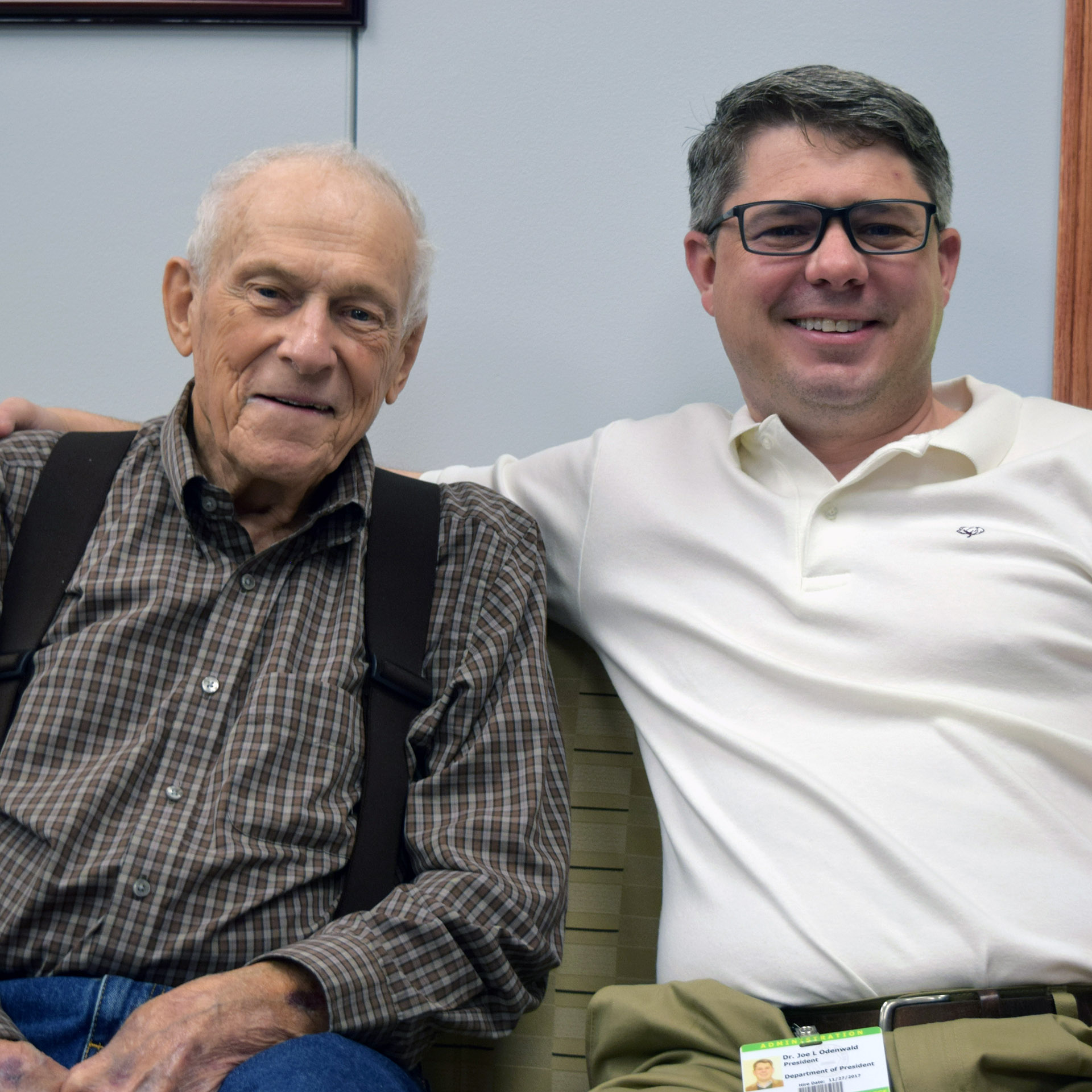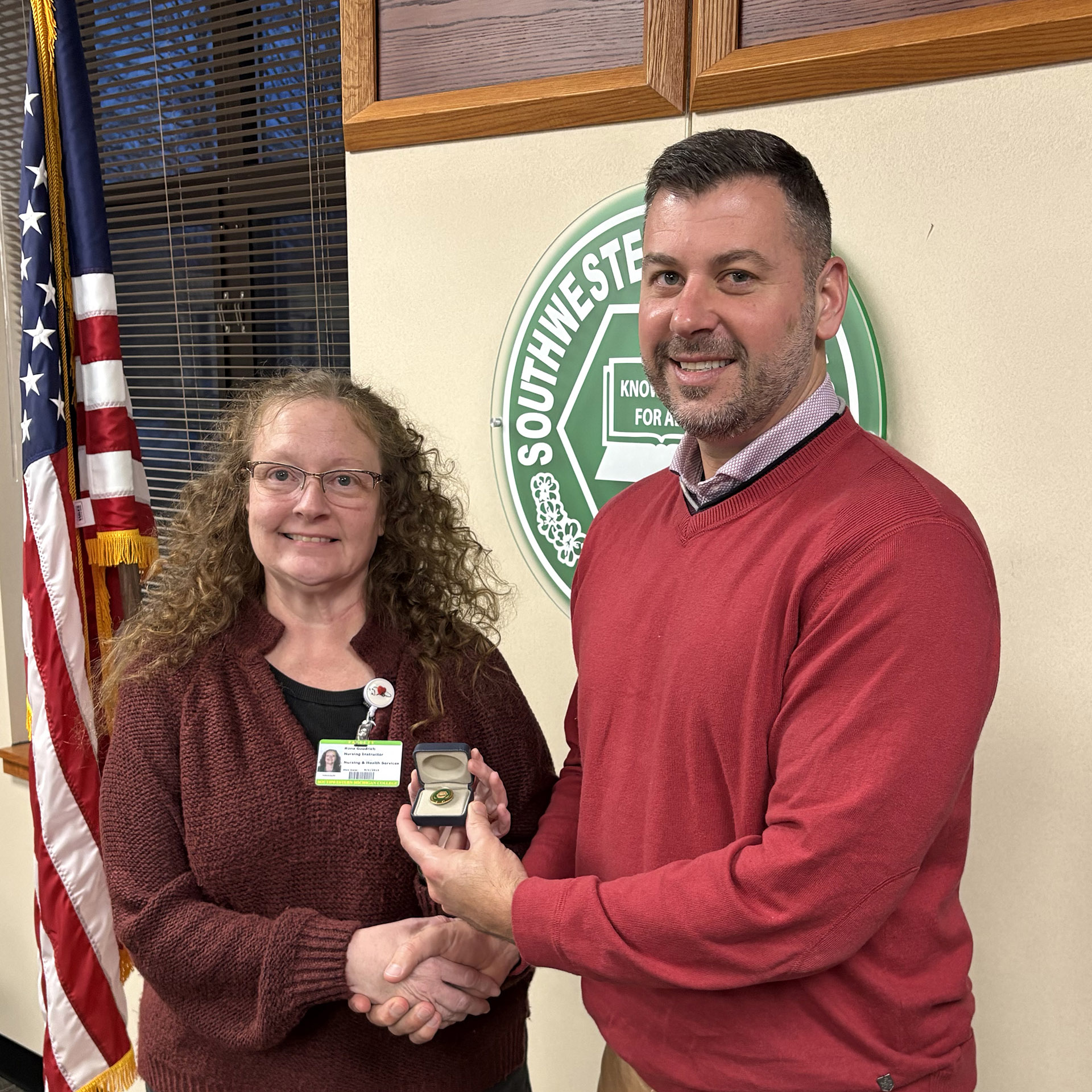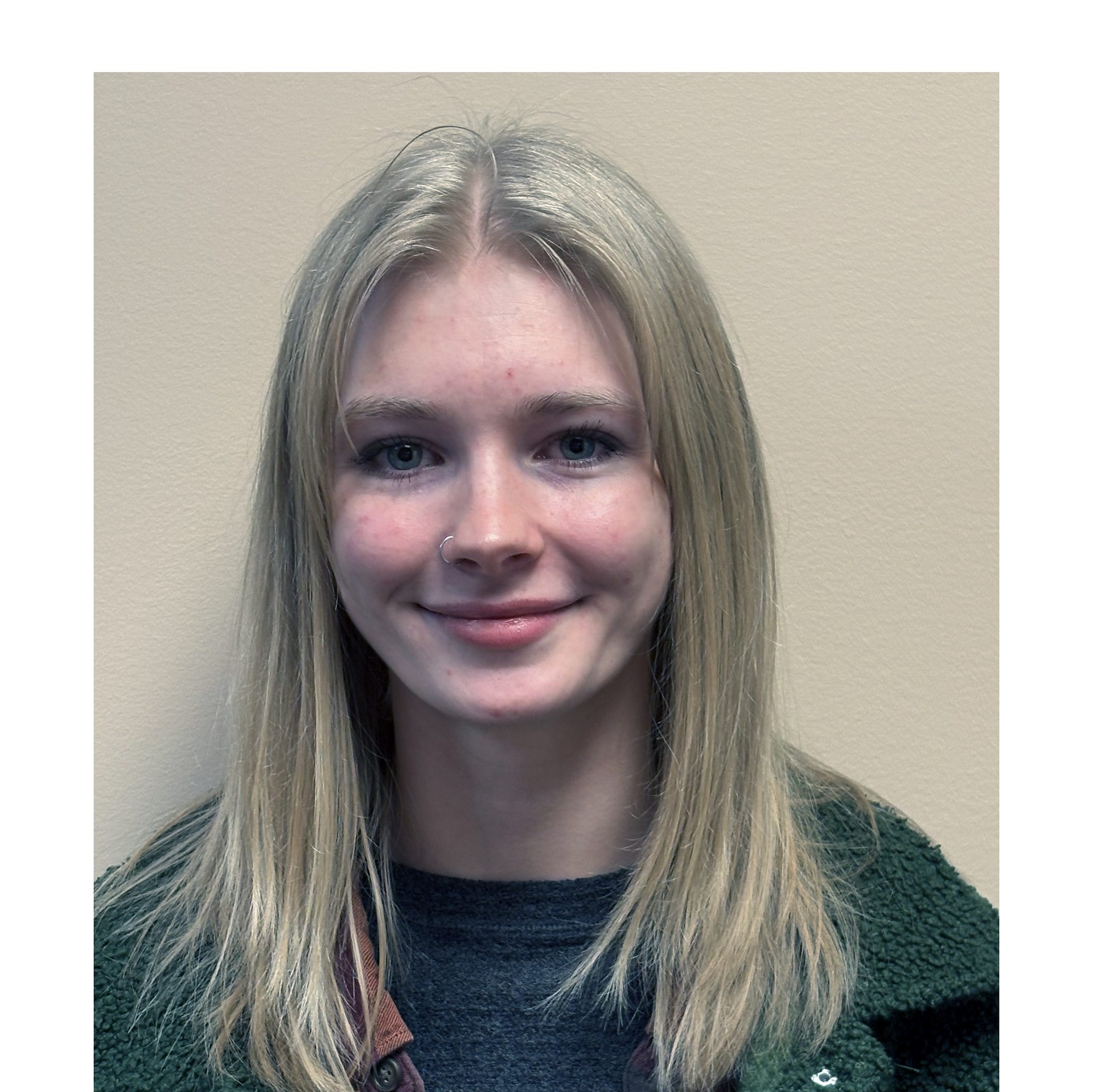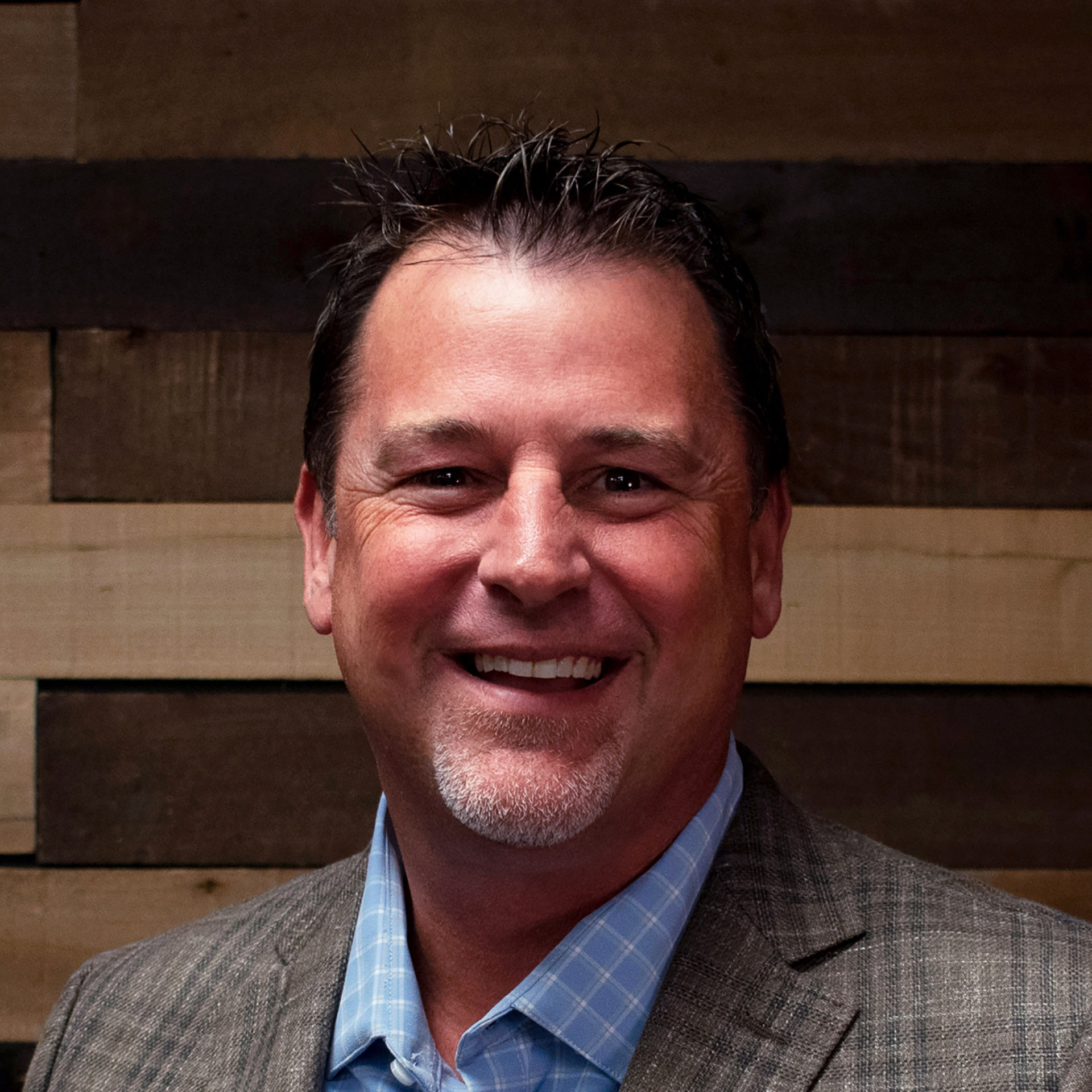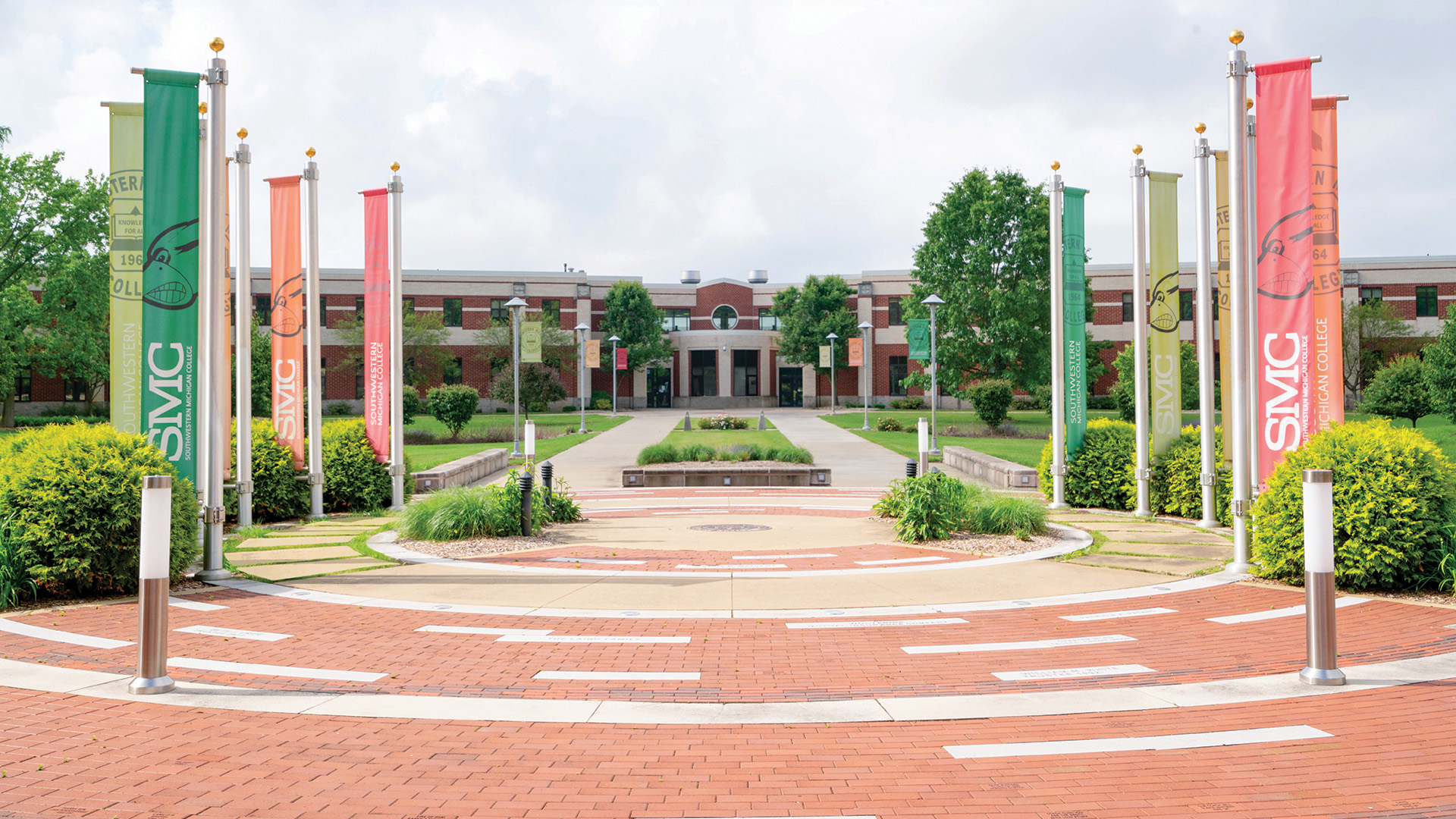
News
SMC’s First Professor Visits Campus
Published on May 24, 2024 - 2 p.m.
Robert Guntle was not only a charter member of Southwestern Michigan College’s faculty, he was SMC’s first instructional hire.
Guntle, 90, joined the college in 1965 from Brandywine, the year before classes began, and stayed nine years as a biology professor, so it’s not surprising that whenever he’s in the area visiting family and friends, he stops by campus to see how things are growing.
In 1967, the Dowagiac Central High School graduate chaired SMC’s Exact Sciences Department, which encompassed biology, chemistry, math and physics.
In 1969, the Michigan Association of Community Colleges named him to represent SMC on the Professors Honor Roll. He had been teaching 13 years since attending a year at Michigan State University, then Cass County Normal, and starting at rural Red Mill School in Silver Creek Township. He served as president of the Faculty Association in 1970.
When Guntle left SMC he went to the Berrien County Intermediate School District for 24 years, specializing in working with terminally-ill children.
Ironically, the man who found so much success in classrooms didn’t set out to teach, but to become a research biologist.
As a biology professor, Guntle required students to conduct original research and introduced them to scientific writing, which is probably how Phil Locker came to have a small pond named for him along M-62.
“I remember him very well. He was one of my outstanding students,” Guntle said of Locker, who graduated with SMC’s first class in 1968 and went on to the presidency of the Alaska Dental Society.
Dr. John Yegge, SMC’s first chemistry teacher, once recalled being snowed in with Guntle in 1967’s blizzard.
“Ten of us faculty members, unable to get out of the 26-inch snowfall in the parking lot, holed up in the science building overnight before being rescued one at a time by an adventurous snowmobiler (Ken Clark) the next morning.
“Bob Guntle took me into his home in Dowagiac for about three days before he and another man towed me on a toboggan to my home on Diamond Lake,” Yegge said.
Guntle, oldest of four children, holds a bachelor’s degree in science from Western Michigan University, and master’s degrees from WMU and from the University of Michigan.
The avid hunter, trapper and camper who has visited Alaska three times knew Trygve Lund of Heddon’s, first taking care of his yard, then building fishing rods on the night shift to “save money to go to school.”
“I was born on Oak Street in a little bungalow that’s still there. Then I moved over to W. Prairie Ronde (where Biggby’s Coffee is today). I worked in the greenhouse (across the street), too. I cleaned windows for a gal down the street who fed me waffles.”
Guntle lives with his wife, Fran, in a log home with 22-foot ceilings he took the lead in constructing in Daggett in the Upper Peninsula, north of Green Bay, Wis.
“I wanted quiet after being on the fast track all my life,” he said of settling in the UP’s sparsely-populated Menominee County.
Always politically involved, Guntle helped gather thousands of signatures in a citizen-initiated ballot measure, 1996’s Proposal D, to establish limits on bear hunting.
Guntle also retired from farming, whether growing up to 500 acres of blueberries in the Volinia area or “setting up a huge raspberry operation” as a consultant to a Rockford, Ill., winemaker.
“I used to sort blueberries on cookie tins,” Guntle said. “I got tired of that so I bought a fancy line that could process 72 pints a minute. I had a lot of people working and summer markets in Detroit, Kalamazoo and Benton Harbor. I put in trickle irrigation, which tends to get plugged, so used my chemistry background to figure out how to keep it open. I tried to do controlled atmosphere storage with raspberries. I had probably 25 acres.”
Controlled atmosphere is an agricultural storage method in which concentrations of oxygen, carbon dioxide and nitrogen, as well as the temperature and humidity of a storage room, are regulated. Both dry commodities and fresh fruit and vegetables can be stored in controlled atmospheres.
